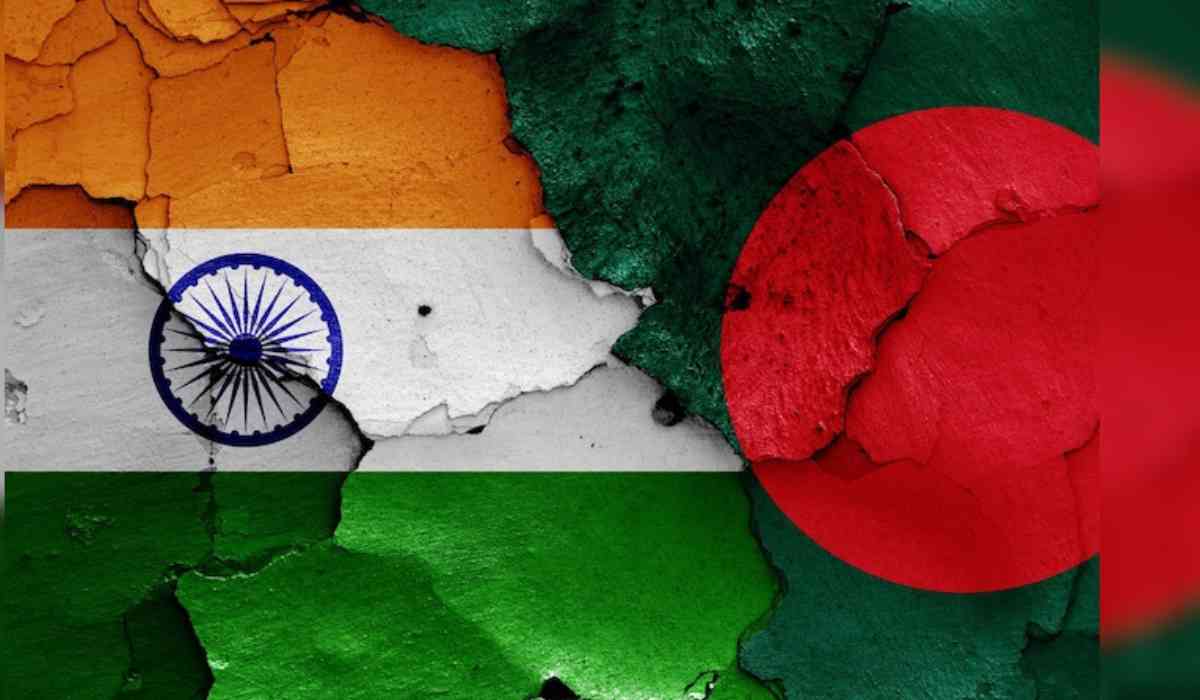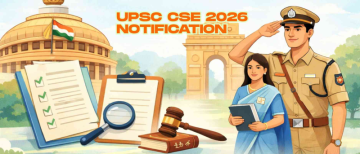“Bangladesh’s Home Adviser Jahangir Alam said that his office wrote a letter to the MEA to facilitate Sheikh Hasina’s extradition from India.”
Bangladesh officially presented a note verbale to India on Monday, formally asking for the extradition of exiled former Prime Minister Sheikh Hasina.
India Bangladesh extradition treaty 2013
The foreign adviser, Touhid Hossain informed The Daily Star this afternoon at the foreign ministry:
“We conveyed a note verbal (diplomatic message) to the Indian government that the Bangladesh government wishes to have her back here for judicial process.”
Home affairs adviser Lt Gen (retd) Jahangir Alam Chowdhury told Dhaka Tribune:
“India is amongst the countries with whom we have signed a prisoner exchange treaty. It will be conducted under that agreement.”
The ministry of external affairs also admitted receipt of a note verbal from Dhaka and declined any other comment on the issue.
They identify themselves from the Bangladesh High Commission and inform [us] that they have sent a Note Verbale today touching on an extradition matter. What we have here is that at this hour and at this time, we have no comment to afford on this matter,” the Ministry of External Affairs spokesperson replied.
Last month the Bangladesh’s interim head Muhammad Yunus had declared that Bangladesh would file petition for Hasina’s extradition from India. Hasina, who was bailed in 2008 after massive protests against her, went to India on August 5 this year.
“We will demand the body of the deposed autocrat Sheikh Hasina from India,” Yunus said
The Prime Minister who has been in prison for 100 days of his regime said that he would sue the responsible individuals for loss of lives during the student agitations which ended Hasina’s 15-year regime.
” As I have already mentioned the matter to the chief prosecutor of the international criminal court Karim Khan,” he said.
Plan to put Hasina on trial
Former Bangladesh prime minister Sheikh Hasina's 16-year regime was toppled by the student-led protests.
Muhammad Yunus led interim government wants to bring Hasina back to Bangladesh under the extradition treaty with India in order ‘to try her for the mass killings during the student’s unrest in July and August’.
Md Tajul Islam, the newly appointed chief prosecutor of Bangladesh based International Crimes Tribunal (ICT), which probes genocide during the 1971 liberation war, said Dhaka will soon apply to ICT for Hasina’s arrest warrant.
Hasina, who said 51 cases against her including 42 murder cases are fake, extradition is regulated under the extradition treaty signed with India in 2013 with a revision in 2016. According to the treaty it is if extradition may be refused if the offence for which it is requested is an offence of political character.
But it also categorically states that some offences, including murder “shall not be deemed to be offences of political character” under the treaty. Another reason for non-extradition is that charges preferred are not made in “good faith, in the interest of justice,” states the BSS report.
It calls her ‘Fallen autocrat Sheikh Hasina’.
In his Speech address to the nation on last month on completion of 100 days of interim government in Bangladesh, Chief Adviser Muhammad Yunus announce that it would like to have Hasina extradited.
We must guarantee justice in every murder, it means ensuring good quality service for customers who demand it. We will also tell India to take back our fallen autocrat Sheikh Hasina,” he said.
Yunus who took over the office on August 8 said that some 1,500 students and workers were killed and 19,931 others injured during June 8 protest against Hasina government.
In October, Law Adviser Asif Nazrul had stated that Bangladesh would oppose strongly if India attempted not to hand over Hasina refusing some provision in the treaty.
During an interview with PTI in Dhaka in September, Yunus said, while Hasina making political remark from India is an “unfriendly gesture”, Sheikh Hasina must remain silent until Indian Government feels uncomfortable to both countries until Bangladesh seeks her extradition.
’If India wants to keep her until the time Bangladesh (government) wants her back, the condition would be that she has to keep quiet,’ he said.
In the last few weeks, Hasina has been openly calling the Yunus led interim government a “genocidal regime” one which has done nothing to protect the minorities particularly Hindus since Hasina’s removal.
Attacks Against Hindus, Other Minorities
Since ousting Ms Hasina, Hindus and other minorities in Bangladesh have been attacked one after the other. ISKCON’s Kolkata branch Vice President Radharaman Das last week expressed this apprehension after Union Minister of State for External Affairs Kirti Vardhan Singh in a written answer in parliament stated that 2,200 cases of violence have happened in Bangladesh.
Stating that ISKCON is looking forward to seeing an end to hostilities, Das said he hopes Chinmoy Krishna Das will be released soon, and the security and safety of minorities will be safeguarded by the Muhammad Yunus government.
Protests, triggered by the Comilla violence, have erupted in several parts of India against the killing of minority Hindus in Bangladesh.
Mr Das also spoke of more recent attacks on Hindu temples and urged the already vulnerable Christian minority of Bangladesh people to refrain from openly celebrating Christmas.
Yesterday or today, we got a knowledge that in last two three days three temples have been targeted… We understand that now there is going to be some Christmas holidays. The Christian groups have been advised to very guardedly rejoice since they have been informed that there are likely to be attacks on them. We expect that the interim government of Bangladesh must ensure that the minorities of Bangladesh should be able to enjoy their festivals without any hassle,” said Mr Das.
In a written reply to a question in the Lok Sabha on Friday, Mr Singh said the government of India has in the past taken a ‘serious’ view of these incidents and has conveyed its concern to the government of Bangladesh.
He mentioned how India has hoped for Bangladesh to act to protect the minorities, and the minister underlined that the High Commission of India in Dhaka is still observing the situation in Bangladesh.
With inputs from agencies
Image Source: Multiple agencies
*The views expressed are personal to the author and do not reflect the platform's opinion of the same.
© Copyright 2024. All Rights Reserved Powered by Vygr Media.
Author's Profile
Manish Kumar pursued a master’s degree in journalism and mass communication from Amity University, Haryana. He is an enthusiastic and dedicated writer, who has worked with several ministries of the Government of India and contributed his voice to major campaigns and programmes. Being devoted to practicing significant journalism, Manish does his best to become a voice of change in society. Not only does he tell but also persuades, which is indicative of his strong conviction in the perspective of media.























